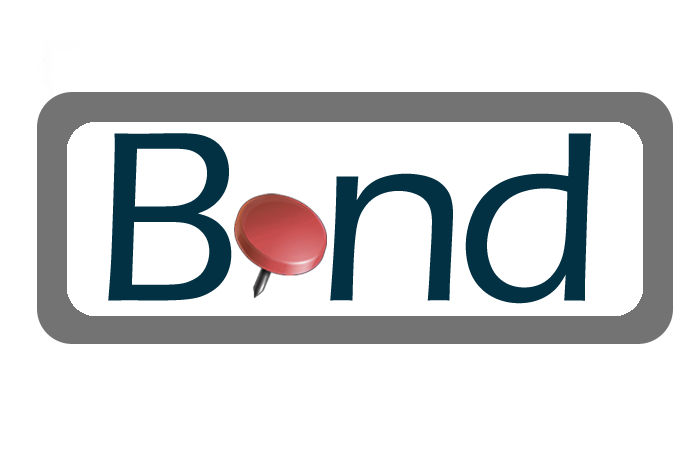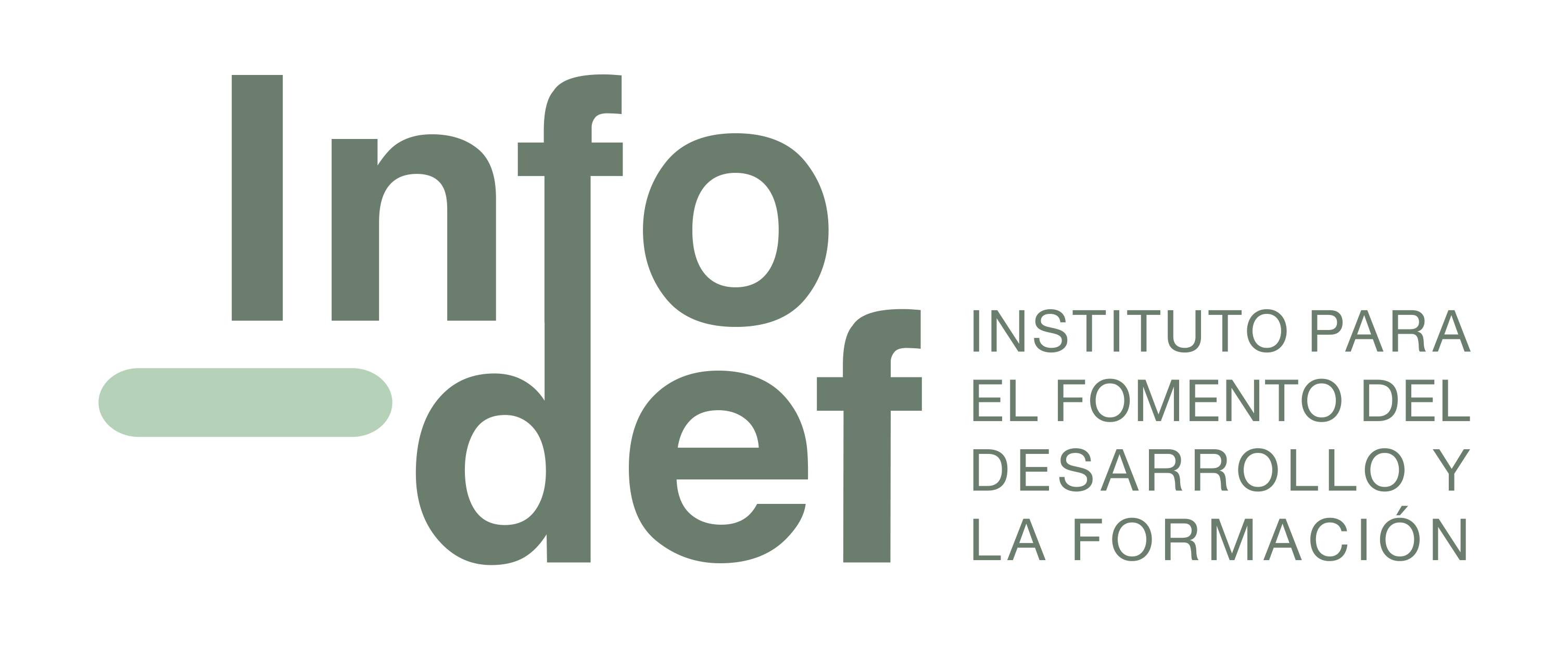Proyectos

Enabling VET teachers & trainers to better reach adult learners and improve learning outcomes
EU-Programme: Leonardo da Vinci, Transfer of Innovation
Coordination: Soluciones Tecno Profesionales S. L. (Spain)
Duration: October 2013 – September 2015
Background
The quality of Human Capital is crucial for Europe’s success. The Europe 2020 Strategy places strong emphasis on education and training to promote “smart, sustainable and inclusive growth”. In this context, VET teachers and trainers become crucial in the whole knowledge system: we need to ensure more efficient trainers and teachers, less expensive training and skills improvement methods for them, as well as more work-oriented skills. According to the European Commission (Supporting the Teaching Professions for Better Learning Outcomes, 20.11.2012), the role of teachers and trainers is crucial in the modernisation of VET with special focus on their professional development and status in society.
Aims and target group
The future, dominated by change, presents new challenges for both teachers and trainers in VET, involving new pedagogical, curriculum design, quality assurance, management and administrative tasks. At the verge of the 21st century, a new style of trainer is born: able to employ user-friendly andragogical methodologies as well as able to mediate “knowledge zapping” and “knowledge surfing” often applied to new jobs, new market needs and new European citizens (with all 8 key skills) and continuous qualification for lifelong learning. The BOND project idea is based on the fact that the quality of VET teachers’ and trainers’ innovative practices and methodologies will strongly impact on the VET systems’ overall quality and attractiveness where their performance has a very important role. In this sense, the “Pedagogical Training for Trainers Methodology” is understood as a main tool for preparing VET teachers and trainers to be aware of different competencies required for this function and at the same time to be conscious of the importance to promote 8 key competencies and lifelong learning attitudes among adult learners.
The project products are based on proven training approaches and assessment tools for transferable skills and integrate best practice and experience from all partner countries. Additionally, the project brings together experts and employers in the development of descriptors of the results from lifelong learning.
The final compendium will be available on the website and disseminated on DVD in 6 European languages. On a strategic level, the project contributes to promote the elaboration of methods for the validation of skills and competencies acquired in non-formal and informal learning. Through a variety of dissemination activities, the products shall reach large numbers of potential end-users across Europe.
Outcomes
The outcome of the project is for the VET trainers and teachers to become knowledge mediators able to encourage new “knowledge surfers” in information society and green economy, as well as to promote the balance of different individual needs and talents under an inclusive and empowerment context.
The BOND project will facilitate the development of innovative practices in the field of VET by:
- National needs analysis on pedagogical competences and skills gaps
- Selecting, adapting and translating existing Portuguese contents to target group needs in further European Countries (including Austria)
- Creating BOND toolboxes according to country specifics
- Testing BOND toolboxes
- Developing European profiles for the VET BOND trainer based on EQF and ECVET
BOND partners
The BOND project consortium includes 7 VET partners: 2 from different regions in Spain (Cataluña and Castilla y León), Austria, Portugal, Hungary, Ireland and Turkey. All partners have specific expertise in key project areas, access to VET trainers and teachers and contacts with national and European VET networks, all of whom have expressed interest in following and helping the dissemination of this project.
Project Nº 2013‐1‐ES1‐LEO05‐68295
This project has been funded with support from the European Commission. This publication reflects the views only of the author, and the Commission cannot be held responsible for any use which may be made of the information contained therein.
